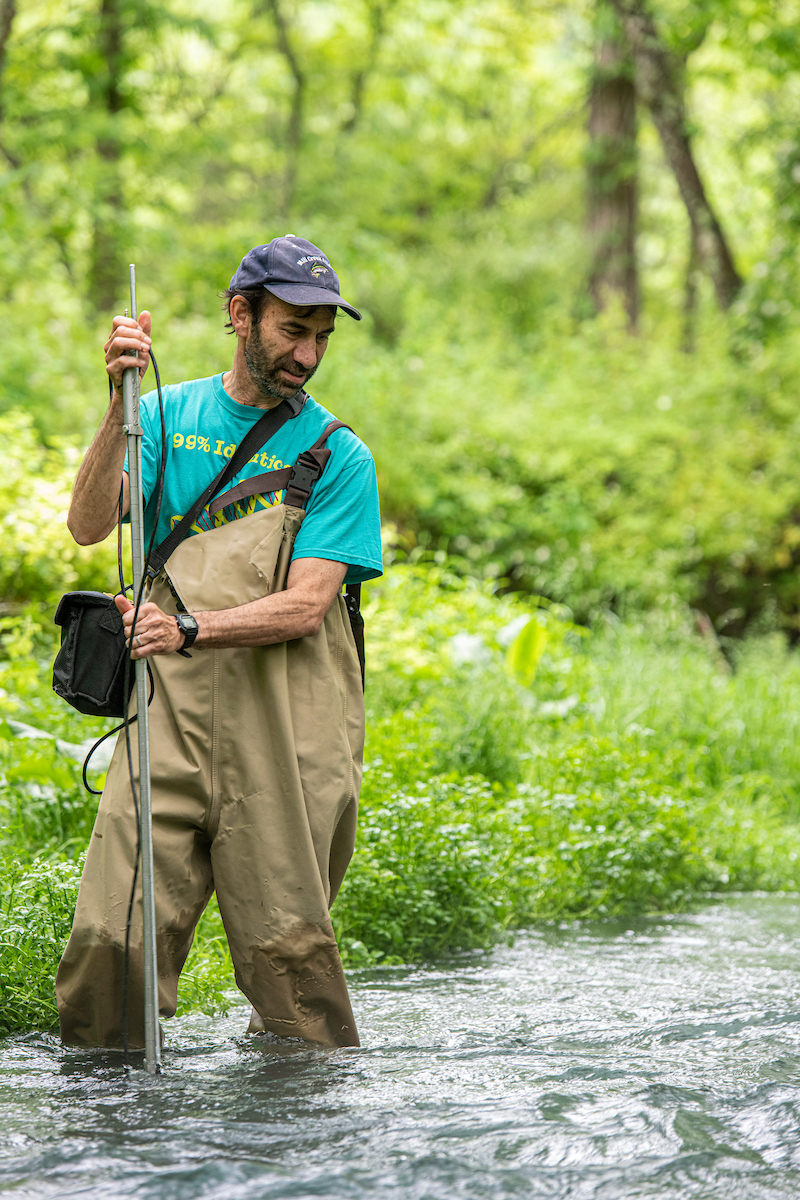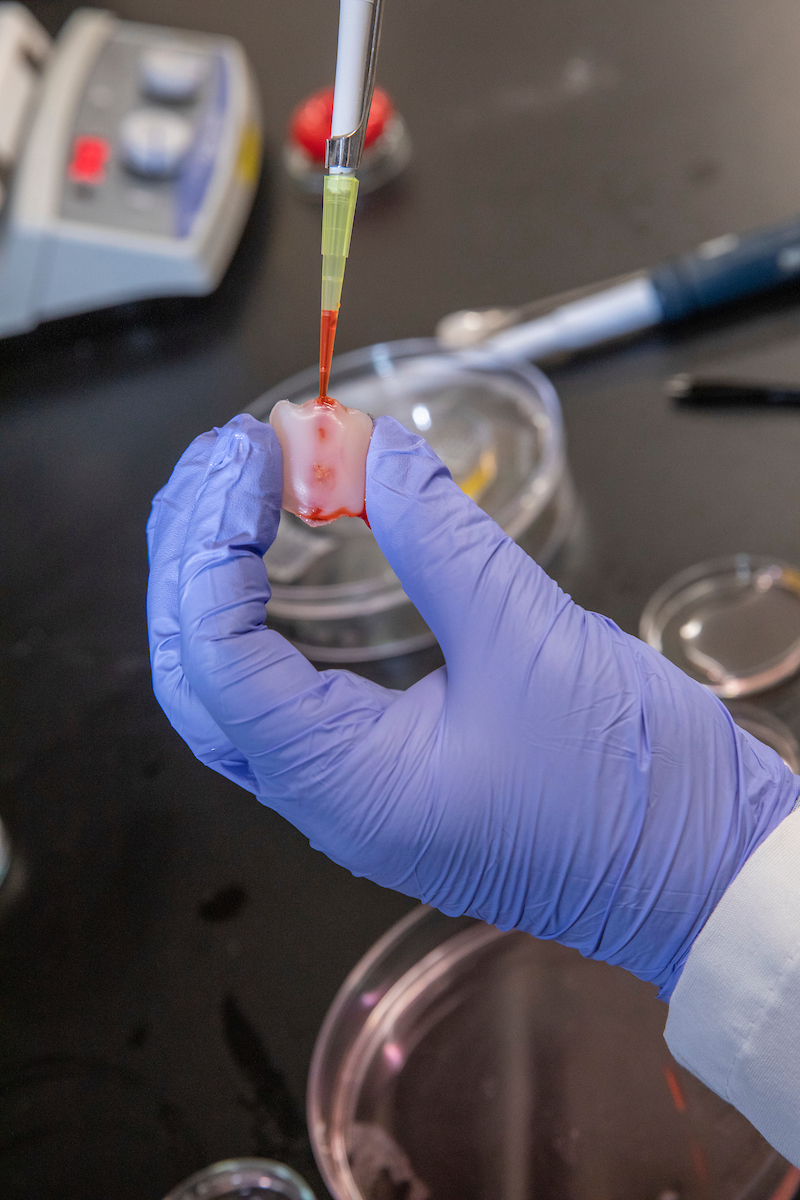PhD in Biological Sciences
Earn a PhD in Biological Sciences
The Biological Sciences Department offers a Ph.D. program with opportunities in interest areas that align with the diverse expertise of our Graduate Faculty. Students who pursue a Ph.D. degree with us have the opportunity to develop a plan of study in one of three broad areas reflecting the strengths of the department, including Bioinovation, Biomedicine, and Environmental Biology.
Our doctoral program emphasizes the core knowledge, interdisciplinary training, problem-solving skills, and data analytical expertise necessary for our students to become scientific leaders at the forefront of advances in human and environmental health. Graduates with a Ph.D. degree may pursue rewarding careers in industry, public agency, or academia.
Want to Know More?
Get info on our program, scholarships, how to visit campus, admissions and more. Take the next step in solving for tomorrow!
Degree Information
Your Career in Biological Sciences
The biological sciences drive solutions to global challenges like healthcare, food security, renewable energy, and environmental management. They underpin industries for economic growth. Ph.D. degrees are pivotal for leadership in solving these challenges, with Missouri S&T excelling in research at the intersection of science and technology.
 Estimated Starting Salary
Estimated Starting Salary
$70,000 - $95,000
.png) Career Pathways
Career Pathways
Academia/Research Institutions:
-
-
-
- Professor/Research Faculty
- Principal Investigator
-
-
Industry and Public Agency:
-
-
-
- Environmental Scientist
- Soil and Plant Scientist
- Conservation Scientist
- Bioinformaticist
- Data Scientist
- Microbiologist
- Geneticist
-
-
Entrepreneurship and Startups:
-
-
-
- Biotech Entrepreneur
- Consultant
-
-

Research in Biology
Research in the department is funded through external grants and contracts from federal agencies, including the National Science Foundation, the National Institutes of Health, the Department of Energy, the Environmental Protection Agency, agencies within the Department of Defense, state agencies, and company partnerships.
Specialized Areas of Research
- BioInnovation and BioDesign
- Molecular biomarkers of fitness
- Physiology
- Toxicity and toxicology
- Aging and regenerative medicine
- Environmental microbiology
- Ecosystem function and dysfunction
- Biodiversity and conservation biology
- Science education


Follow Biological Sciences